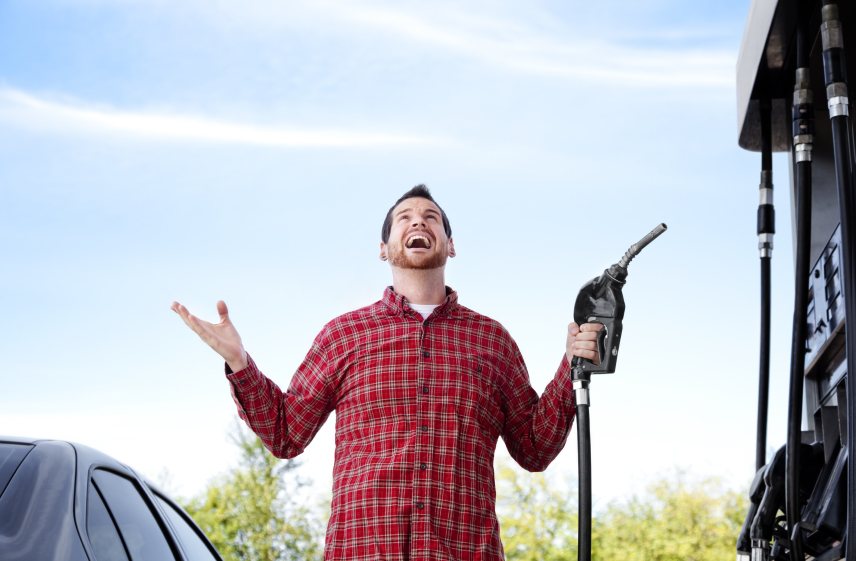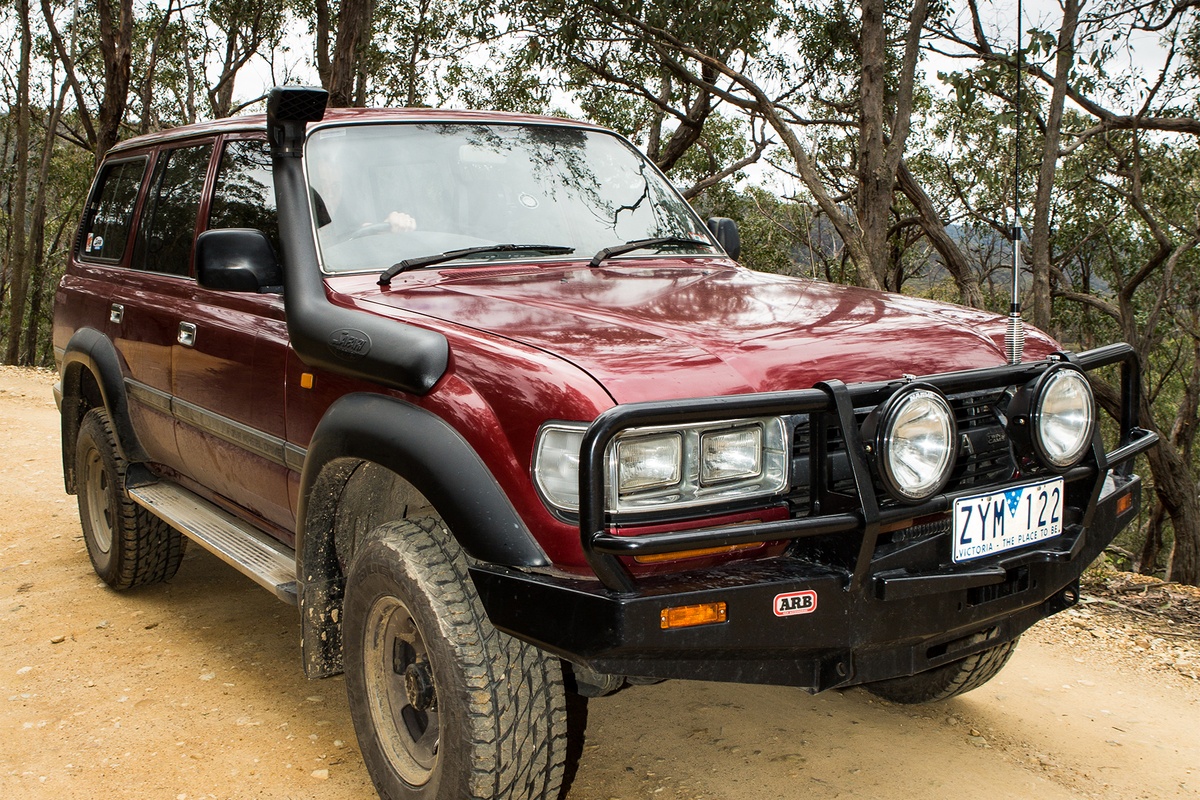Increased fuel consumption is an unavoidable part of caravan towing. But those new to it often ask how they improve their mileage. The range of variables really is endless: tow vehicle make and model; engine type, condition and tuning; tyres; weather; drag coefficient; terrain; and driving style – to name a few. So there’s no definitive answer to this question. However, there are some classic areas caravan enthusiasts can address in a bid to improve fuel efficiency.
Mass
Obviously, your gross combined mass (GCM) is going to be a leading factor here. Really the only thing you can influence is your payload or any non-standard gear and liquids you add to your tow vehicle and caravan. For example, slabs of beer might be a lot more expensive in the country, but how much is it costing you if you’re lugging it 900km?
Drag
Sure, most towed vehicles have the aerodynamics of a brick, but you can reduce this effect with caravan towing equipment, such as a wind deflector and other aerodynamic aids. And if you don’t need your roof racks, then remove them. The added benefit of doing this is reduced wind noise. And if you’re in the market for a new caravan, you may want to consider its design – a ‘swoopier’ one will cut through the air better.
Engine
There’s no two ways about it – your tow vehicle should recently have been serviced before any traveling. An engine in poor condition and in need of a service is not going to burn fuel efficiently.
Wheels and tyres
Before any road trip, it’s important to check tyre pressure on the tow vehicle and caravan/trailer. In addition to safety issues, under-inflation increases friction and more energy is therefore required to keep you moving. Wheels should be balanced and aligned on both the car and caravan so they’re riding true and not causing increased tyre wear.
LPG conversion
With installation costs running into the thousands, converting to LPG isn’t a guaranteed money-saver. But if you’re doing enough mileage per year, it will reduce your overall costs. Furthermore, your car’s actual mileage figure is likely to increase with LPG, because it has lower energy density than petrol and fuel oil. This reduction in fuel efficiency is negated by LPG’s low cost. As an example, in inner Melbourne at the time of publishing, unleaded petrol (ULP) was $1.457 versus LPG at $0.699.
A new car
This point is likely to be controversial, but if you’re at the point where you’re considering a new tow vehicle, it’s worth considering a turbo diesel. A 2014 Toyota HiLux Double Cab SR 3.0L turbo diesel, for example, has an impressive combined cycle efficiency of 8.1L per 100km. In comparison, its petrol equivalent is rated at 11.8L per 100km. How each engine’s fuel consumption changes under load will vary, but generally tow vehicles are uncoupled most of the time so the net effect should be of improved efficiency.
The driver
That’s you. While it can be difficult to change your driving style, it’s one area where you can make a measurable difference. Ease your foot down on the accelerator pedal – it’s not a race. Move smoothly up through the gears and accept that speed limits are not speed requirements. Reducing stops and staying out of traffic will also help with fuel economy.
Short of buying new equipment, being sensible with your driving style, reducing unnecessary weight and ensuring your tow vehicle and trailer are in tip-top condition are your best bets for improving fuel efficiency.
You can find more ways to improve your caravan towing experience here.





